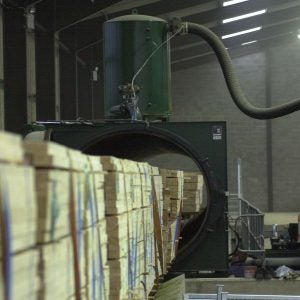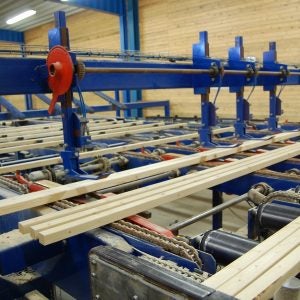
“In her first speech as Chancellor of the Exchequer, Rachel Reeves has confirmed that the new Government will reinstate mandatory housing targets for Local Planning Authorities (LPAs), along with a consultation on a new approach to planning. This manifesto commitment comes as the first step in Labour’s plans to build 1.5 million new homes over the next five years.
The Chancellor is not wrong when she says: “growth is now our national mission”, and “there is no time to waste”. We indeed have a crisis on our hands, and it’s crucial that this new government make good on their election promises by implementing a clear strategy to deal with the housing shortage quickly.
What is important is to restore confidence in the building system and we need to see a willingness to work alongside the construction industry to bring about an evidence-based approach to the built environment. At the heart of it all though, must be a focus on providing the stability and confidence for businesses to invest; with policies which support environmental performance, underpinned within a framework which prioritises quality and safety.
However, we must emphasise that simply building more houses is not enough; we must work together to revolutionise the way we build our homes in the UK. Adopting more sustainable construction methods such as structural timber, offers a speedy and clean approach to meeting current and future housing demands, not to mention the great opportunities to be made for local employment.
Indeed, the election pledges come hot on the heels of the recent Mayoral elections in May, where sustainability and housing featured heavily across all manifesto agendas. Taken together, these political developments represent a significant opportunity for the housebuilding sector, and we’ve certainly seen some big shifts towards using timber frame over the past couple of years. Across 2023, there was a steady influx of investment in timber frame manufacturing facilities from housebuilders in the UK, from the likes of Taylor Wimpey, Barratt Developments and Persimmon. And it’s not only housebuilders grasping the opportunity to use more timber with both hands, but timber frame companies from related sectors are also diversifying into the timber home landscape. The capacity and appetite to deliver is undoubtedly there.
All of this investment into timber frame certainly seems to be shaping a path for the future of the housebuilding sector and there has been a lot of work from activists in recent years to pave the way for more sustainable forms of construction – it will now be up to the new Government to turn policy proposals into policy action.
We urge them to renew the commitment to increasing the use of timber that was established with the Timber in Construction Policy Roadmap, published by DEFRA in December last year. Increasing the use of timber presents a viable solution to both the housing shortage and the UK’s legally binding Net Zero obligations – it’s imperative that the progress we have already made is not lost in the change of Government.”






